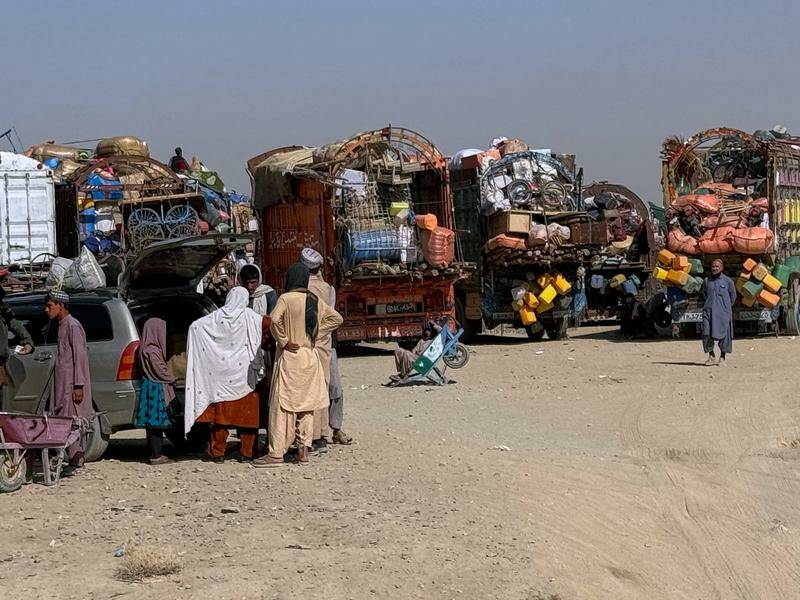
Afghanistan and Pakistan have resumed peace talks in Istanbul, following a brief cessation of discussions that were deemed unsuccessful just a day prior. According to four sources familiar with the negotiations, the renewed talks began on Thursday at the urging of mediators from Turkey and Qatar. The aim is to prevent further border clashes, which have resulted in numerous fatalities this month.
The discussions focus on Islamabad’s primary concern that Afghanistan must take decisive action against Islamist militants using its territory to plan attacks on Pakistan. One Pakistani security official indicated that Islamabad would emphasize this demand during the talks. “Most of the issues between Pakistan and Afghanistan have been resolved successfully and peacefully. A few demands from Pakistan need some extra time as they are difficult to be agreed upon,” a source close to the Afghan Taliban delegation stated.
Pakistan has accused the Taliban of providing a safe haven for the Pakistani Taliban, a militant group that has been responsible for attacks on Pakistani soil. The Afghan government, however, has consistently denied these allegations, asserting that it does not have control over the group.
The Afghan Taliban and officials from Pakistan’s military and foreign office did not respond to requests for comment on the situation. In a public address, Afghanistan’s Interior Minister, Sirajuddin Haqqani, called for Pakistan to focus on its internal security issues rather than exacerbating tensions with Afghanistan. He cautioned that failure to address these matters could have dire consequences for Pakistan. Haqqani expressed that Afghanistan seeks peaceful engagement with all nations, but emphasized the country’s right to defend itself if attacked.
Recent Clashes and Ceasefire Efforts
The recent escalation in violence has resulted in the deaths of dozens along the border between Afghanistan and Pakistan, marking the most severe clashes since the Taliban’s takeover in Kabul in 2021. The violence intensified following Pakistani airstrikes in October, targeting key figures within the Pakistani Taliban, which prompted retaliatory attacks by the Afghan Taliban on Pakistani military positions.
Following a ceasefire agreement brokered in Doha on October 19, 2023, both nations struggled to reach a consensus during subsequent talks facilitated by Turkey and Qatar in Istanbul. Sources briefed on the matter indicated that while a ceasefire had been established, clashes between the Pakistani military and the Pakistani Taliban persisted, resulting in multiple casualties on both sides.
In a significant development, Pakistan announced the death of a deputy leader of the Pakistani Taliban during an operation near the Afghan border. The individual, Qari Amjad, was described as a “high-value target” and was designated as a terrorist by the United States. His death was confirmed by the militant group, highlighting the ongoing conflict that continues to challenge regional stability.
As the peace talks progress, the international community watches closely, hoping for a resolution that will not only alleviate tensions but also foster a more stable and cooperative relationship between Afghanistan and Pakistan. The outcome of these discussions remains critical, given the humanitarian and security implications for both nations and their citizens.







